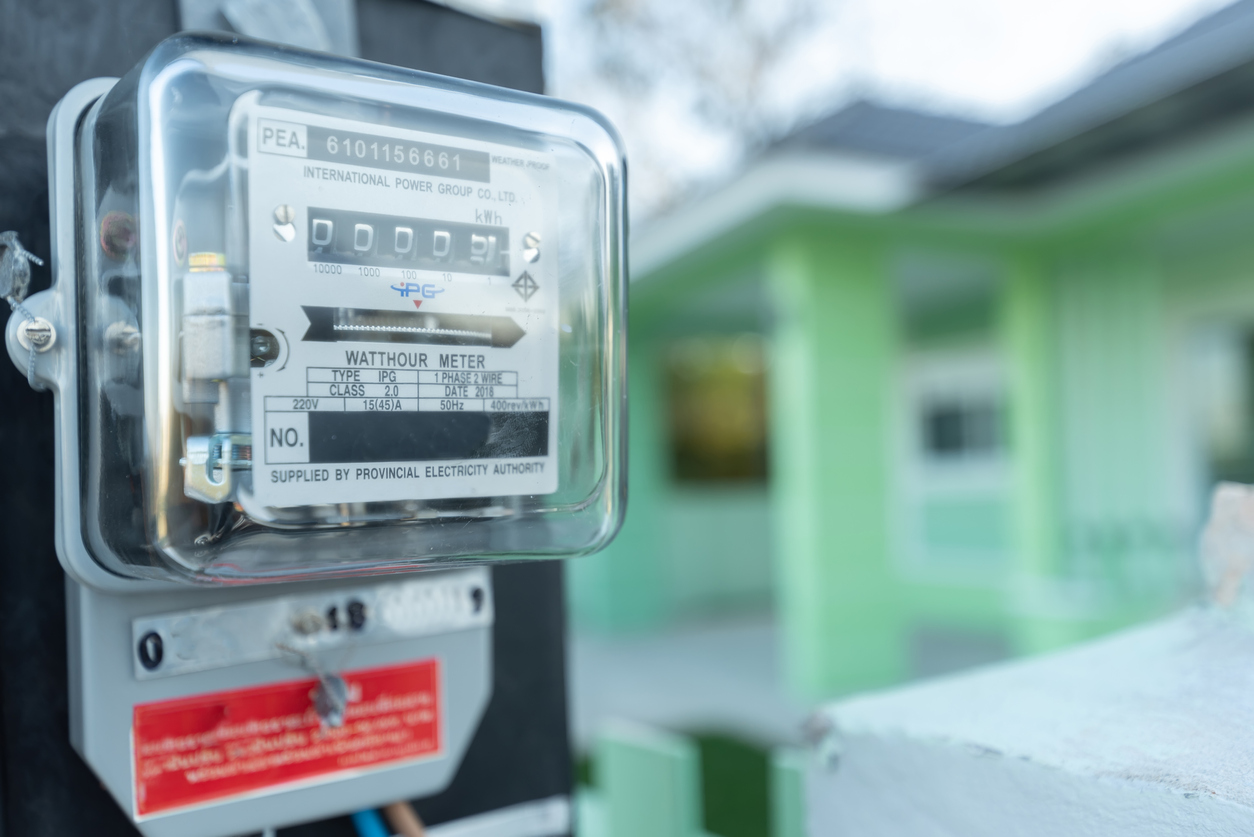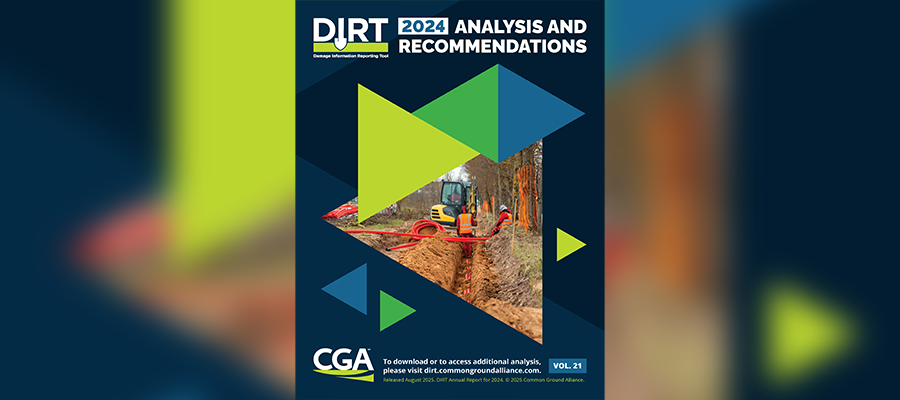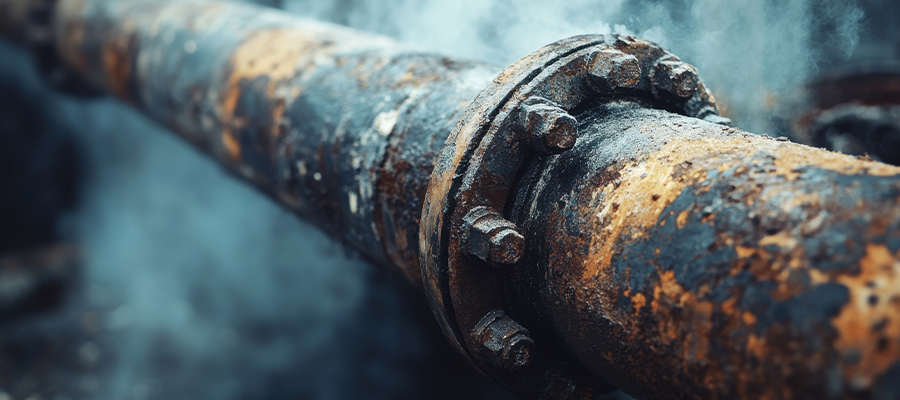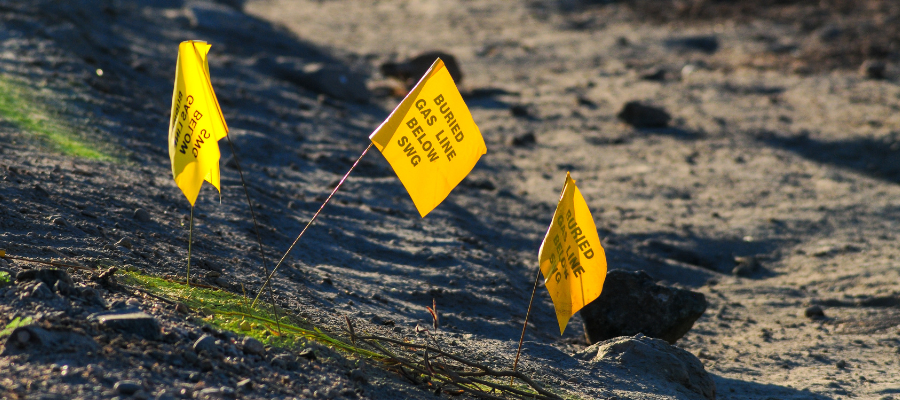Advanced Metering Infrastructure Safety Advantages

Advanced Metering Infrastructure Safety Advantages
By Alan Ely, safety manager, Bermex
Companies are always looking for ways to keep their employees out of danger, and the metering industry is no different. With Advanced Metering Infrastructure, or AMI, becoming more and more popular, employees won’t have to face hazardous situations as frequently.
The Federal Energy Regulatory Commission (FERC) classifies AMI as a metering system that collects and records customer consumption data frequently to provide daily transmittal of measurements. There are many safety advantages that Advanced Metering Infrastructure offers because it is automated and does not require a metering professional to go out to the site frequently to collect readings.
Reduced Manual Meter Reading Reduces Exposure to Safety Hazards
AMIs reduce the need for manual meter readings and, when personnel don’t have to be out in the field as often, it reduces the risk of coming into contact with potentially hazardous situations. Workers face dogs, insects, heat, slips and falls, and inclement weather in the field, all of which can be a danger to their safety. If they are able to avoid being in the field frequently, their exposure to these hazards is greatly reduced.
Dogs
While in the field, there is a high probability of coming into contact with dogs. Many Americans own at least one dog, and, while most of us love the furry friends, sometimes they can be unpredictable. Whether they are pets or strays, dogs can be territorial and may be aggressive or scared.
Insects
There are numerous types of insects that utility workers may be exposed to in the field that bite and can potentially carry diseases. There is also the possibility of being bitten or stung by an insect that the worker is allergic to.
Heat
As climate change progresses, each summer is getting warmer. Summer temperatures are becoming more and more dangerous, putting workers at risk of dehydration and heat stroke.
Slips and Falls
Meters are often found in hard-to-reach places outside of homes and businesses. Awkward angles and steep hills can put workers at risk of falling while on the job. Plus, rain, ice, and snow can form in these locations, making them even more dangerous.
Inclement Weather
From severe heat and cold to heavy rains and snow to ice storms to wind, inclement weather makes working outside dangerous and undesirable. When working on meters, going out in these kinds of weather conditions is extremely dangerous.
Remote Shutoff Capabilities
While customer interactions are important, AMI can reduce the need for certain conversations with clients. Confrontational interactions can be greatly reduced with the implementation of AMI systems. Additionally, customers are able to request remote turn-off/on when they go on vacation or if a pipe is broken and needs repaired. They no longer need to call a professional out to the site to turn their service on or off. This saves both the customers and utility time since a professional does not need to come out to the site.
Tamper Detection
In order to avoid energy bills, people will tamper with meters to alter their usage. They can remove meters entirely, sever a meter seal, open a meter base, and so much more to manipulate the readings. AMI systems are able to detect these activities and alert the utility quickly. The AMI supplies the utility with the location and address of the tampering and how many times the meter has been turned on or off with date and time stamps.
Outage Notifications
Having the proper information about outages is important to the safety of the community and the utility that is responsible for solving the issue. They need to know exactly what areas are affected and how long the outage has been going on. AMI uses capacitors to send high-priority messages to the utility when they lose power. This gives the utility the precise location of the outage so repairs can be made in a timely manner.
AMI Has Its Benefits, but Having Boots on the Ground is Still Important
While AMI can track usage, tampering, and outages and relay that information to the utility quickly, professionals are still crucial to metering. They are necessary for maintaining utility equipment and making sure customers are being billed correctly. AMI is great for data collection, however, boots-on-the-ground employees are critical to completing equipment repair, maintenance, and other jobs that cannot be automated.
Line locating is one of the most important jobs in utilities, and still requires a utility worker to be on the site. These workers are needed to go into the field and use specialized equipment to detect sewage, water, electric, and various other underground utilities. They mark the ground so contractors, homeowners, and business owners know the location of the utility before they start projects. This prevents damage to lines and potential repercussions, like breaking a water line.
Repairing equipment is also critical to the function of the metering systems. Because many meters are found outside, atmospheric corrosion is common. This type of corrosion is caused by exposure to air and the pollutants in the air. Utility workers are needed to prevent atmospheric corrosion by cleaning meters, preventing condensation, and applying corrosion inhibitors and protective coatings. If the corrosion has gotten too bad then the equipment will need to be replaced, which requires the skill of a trained worker.
Want to Learn More About AMI? Talk to Bermex
If you are interested in learning more about AMI and utility workers in the field, contact our team today.
Related Articles

By Tommy Combs, President, Bermex In the latest edition of the DIRT Report, the Common Ground Alliance (CGA) reveals that despite decades of progress in underground infrastructure damage prevention, the industry remains at a critical turning point. The 2024 data show a concerning plateau, and in some cases a reversal, in the trend of reducing[...]
Read More
Every year on Veterans Day, we pause to honor the men and women who have worn our nation’s uniform. They come from every background and every corner of the country, united by a common purpose: to serve something greater than themselves. Their service enriches our organization, and we are grateful for the impact they continue[...]
Read More
By Mark Green, Business Development Manager, Bermex Environmental responsibility and resource conservation are more than good PR; they have become critical, bottom-line imperatives. Utility companies find themselves at the forefront of a sustainability battle that extends far beyond their traditional operational boundaries. At the heart of this challenge lies a deceptively simple yet profound issue:[...]
Read More
By Thomas Gooch, Director of Operations, Bermex Every few minutes across the United States, someone digging into the ground accidentally strikes an underground utility line. The consequences of these incidents extend far beyond the immediate damage to pipes, cables, or equipment. Utility strikes represent an extremely expensive and dangerous infrastructure challenge. The Financial Impact According[...]
Read MoreCategories
Recent Posts
- Diffusing a Difficult Customer [Infographic] 10th Sep 2018
- Neighborhood Safety [Infographic] 24th Sep 2018
- Bermex Has Named Keith Pancake as New Safety Manager 02th Dec 2019